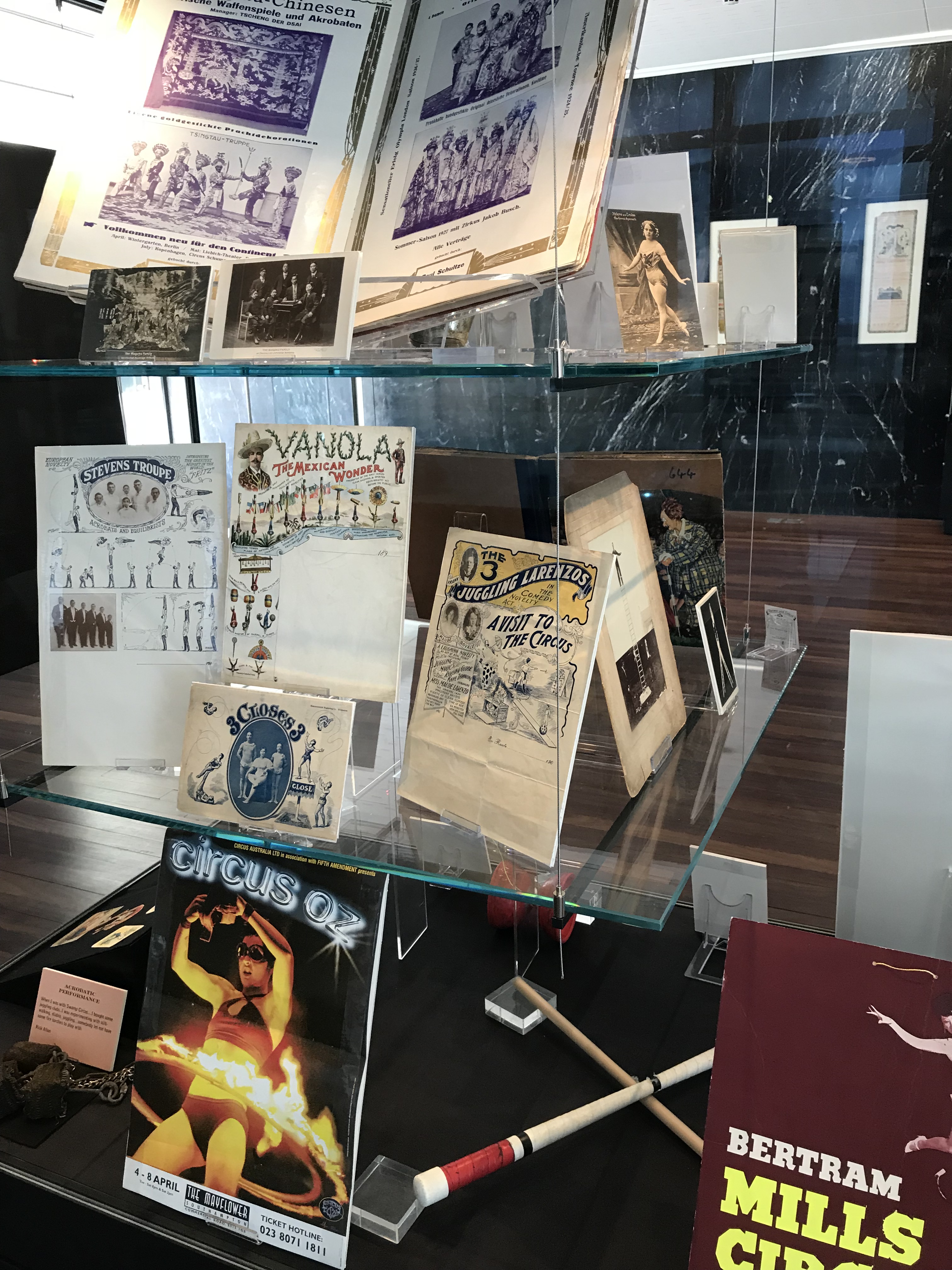News
6 November 2019 / Grants and Awards
Wizards in the North

 Beatrice Ashton-Lelliott won a Research Award in 2018 towards her work on Victorian stage conjurors and magicians and their performance. Here she writes about what she learnt from the trip and how the experience continues to feed into her fascinating researches.
Beatrice Ashton-Lelliott won a Research Award in 2018 towards her work on Victorian stage conjurors and magicians and their performance. Here she writes about what she learnt from the trip and how the experience continues to feed into her fascinating researches.
A very generous Travel Award from the STR allowed me to carry out a research trip to the National Fairground and Circus Archive at the University of Sheffield from my home institution of Portsmouth in June 2018. The archive proved to be an invaluable resource of performance ephemera and biographical material, all of which proved particularly useful for the section of my thesis (and hopefully a future article) which I am currently working on examining gendered engagement with stage magic during the nineteenth century and the documented effects of magic (and indeed theatrical performance more generally) on male performers. In focusing on the latter, I was particularly interested in the life of John Henry Anderson, a popular Victorian magician known as The Wizard of the North, who used his wife and daughters onstage as part of his act, and the NFCA has a large and unique set of holdings related to Anderson’s life which were of great help to me. Magic is a field where many books and items of interest are privately published, limited to small print runs, or held by private collectors, and so the NFCA is truly a unique archive in terms of its scope and holdings.
As is often the way (thankfully!) with archival visits, I also came across a lot of unexpectedly useful material for future work and which will prove fruitful for my doctoral thesis on Victorian conjuring more generally. One prime example of the surprises of the archives came in the form of an abstract from David Price Miller’s Life of a Showman with an introduction by Eliza Cook which, when it was brought out from storage, was incredibly tiny! Being able to see the size and to handle the items is a great benefit in researching the ways in which texts were engaged with in the past, and would have been impossible for me to do without the support of the Travel Award. The NFCA’s research staff at the archive were extremely helpful and the STR’s Travel Award allowed me to both travel to Sheffield by train and extend the length of my proposed visit in order to conduct more detailed research. I also, by happy coincidence, was in the city for one of several Circus250 exhibitions at the University of Sheffield’s library site, which also allowed me to view a wide range of performance ephemera such as posters, playbills and photographs, and helped me to get into a nineteenth-century performance frame of mind!
Update
I am currently in the third year of my PhD, and the research I conducted thanks to the Travel Award continues to be useful in my ongoing research. At the moment, work featuring the material I consulted is under review as part of a few different articles, and the research has also featured in papers I delivered at the Research Society for Victorian Periodicals and the Victorian Popular Fiction Association’s annual conferences this year. The unique ephemera I consulted during my time at the NFCA as a result of the Travel Award inspired me to apply for a Research Placement at the British Library last summer, where I spent time working with the ‘In the Spotlight: Playbills in Context’ crowdsourcing project. As a result of this and seeing the importance of archives first-hand at the NFCA, I also organised a local public engagement workshop examining playbills and related ephemera at the Portsmouth History Centre in 2018.